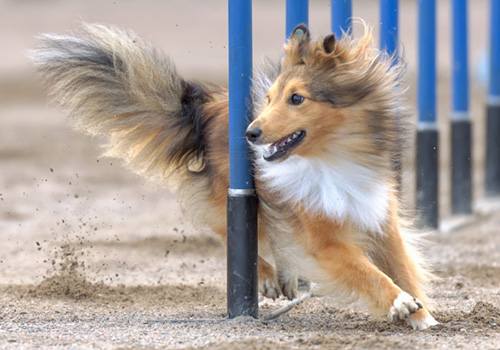The SPCA would like to remind pet owners in Hong Kong that there is no proof that their animals can become infected with Covid-19 virus or be a source of infection to people. The recent news regarding a Covid-19 patient’s dog testing ‘weak positive’ for the virus may cause panic amongst pet owners, and as such the SPCA would like to strongly reiterate that such worry is unwarranted.
As Covid-19 cases continue to emerge in Hong Kong, the presence of virus on pet animals living under the same roof with an infected person is not an unexpected finding. This is because the infected party will have been shedding virus into the environment. The situation is similar to other types of environmental contamination such as finding traces of virus on a lift button, a water tap or table top.
Pet owners can be reassured by the fact there is still no evidence to indicate a pet can become infected with Covid-19 virus in the same way as humans do. As such the SPCA would like to caution pet owners not to make any hasty decisions such as abandoning their animals based on speculation and misinterpretation of information. As an extra precaution, the SPCA advises all pet owners enhance the cleanliness on their pets. For dogs, pet owners should use warm water with mild pet shampoo to clean their paws, face, nose and body particularly after their walk.
“When people cough or sneeze, droplets from their mouth and nose will land on the nearby surfaces including their pets, but this is not the same as the animal becoming infected. It is also the reason why it is so important for anyone showing signs of respiratory disease to practice very strict personal hygiene in terms of sneezing and coughing, along with washing hands with soap or using alcoholic gel on a regular basis, including before and after interacting with pets,” Dr Jane Gray, Deputy Director (Veterinary Services) and Chief Veterinary Surgeon of the SPCA said.
“When Covid-19 viral material is found on an animal it does not mean that its presence will lead to an active infection or that the animal will become sick,” added Dr Gray.
The Agriculture, Fisheries and Conservation Department is monitoring the dog’s situation as a part of their disease surveillance. It is vital that this single initial test result should be put in perspective and not be misinterpreted and sensationalised. Currently we understand the dog is not showing any symptoms, and further testing is being carried out which will provide more information in due course.











